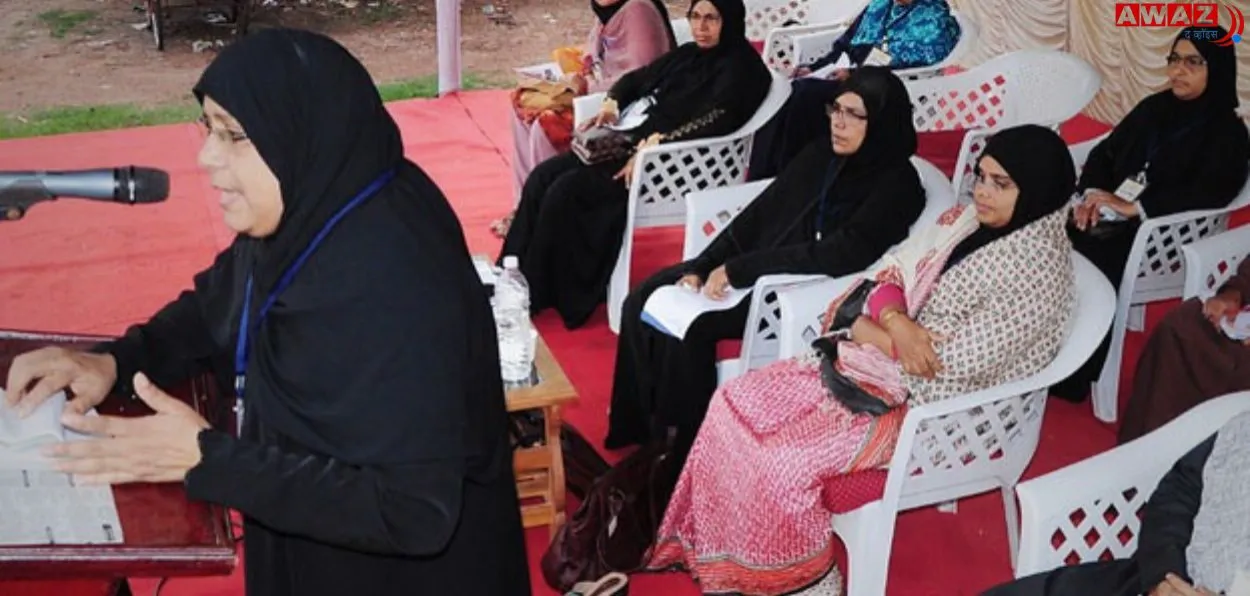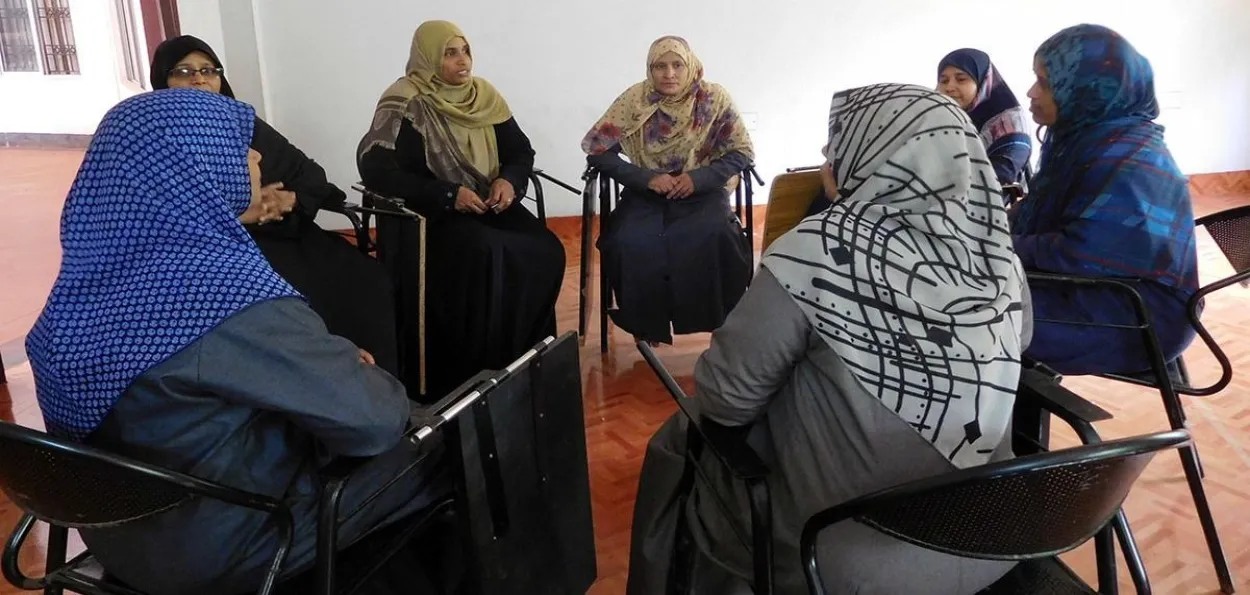
Fazal Pathan
Fatima of Santhapuram village in the Malappuram district of Kerala is working to bridge the gap between the mosque and Muslim women. No wonder her work led to Sinthapuram becoming the first village to include women in the Mahallu (neighbourhood) committees.
For the uninitiated, the Mahallu committee is a representative body of Muslims from the locality around one or more mosques. Since mosques play important roles in deciding matters such as the timing of prayer, fasting, marriage, divorce, and inheritance with the participation of women these bodies have become representative and gender inclusive.
The 71-year-old Fatima was the first and the only woman 50 members elected to the mosque’s mahallu committee in 2009.
In this village, Muslim women are free to present their views as the Mohalla Samiti issues guidelines to Muslims on marriage, divorce, and other religious matters.
After Santhapuram in Malappuram, the villages of Othayamangalam and Shivapuram villages in Kozhikode district have also included women in their Mahalla Samithis.
Mahallu committees are unique to Muslims of Kerala and so is the inclusion of women in it.
 Women members of Mahallu Samiti discussing issues
Women members of Mahallu Samiti discussing issues
According to information received from the women's wing of Jamaat-e-Islami Hind in Kerala, out of 600 mosques under its jurisdiction, 87 mosque committees have women members.
Speaking about the entry of women into the samiti, locals say that in the past, men representing the village mosque came to ask for donations. On one such occasion, Fatima Uti and some of her friends asked these men, "Why do you always come to us for subscription but we are not involved in the routine of the mosque?"
Nobody could imagine that that candid conversation between the mosque representative and the village women would transform the relationship between the mosque and the local population.
Soon the mosque committee asked Muslim women to collect donations for the neighborhood committee.
The Samiti also has various sub-committees which carry out different activities. These bodies are into marriage counseling and self-employment. A sub-committee is also in charge of providing financial assistance for the wedding of girls from poor Muslim families. Women members in the Mahlo Samiti also help in educating women. Banuja Vidakuvithel, a woman member of the Othayamangalam committee, says many families lost their jobs during the Covid lockdown. "We have provided free food and daily necessities to people irrespective of religion during their struggle to survive."
Due to Samiti, many Muslim women are actively participating in social work. Salva KP, a member of the samiti from Deothyal near Calicut University, says "If we want to get involved in social work, we can always find ways irrespective of whether we are part of Mahlo Samiti. However, when we are in committee, we have more power for this work."
Kerala Muslim bride
Fatima, who has included women in the mosque’s Mahallu committee, says that the inclusion of women has brought many changes in the management of the neighborhood committees.
She says, "It is essential to address gender issues of the community. Young and educated women should come forward. Only then can further change be brought about."
Banuja, a member of the Othayamangalam neighborhood samiti, feels that it is important for Muslim women to speak freely with fellow women of the samiti and tell them about their problems as women do not feel free to speak in front of men.
Shajana Malath, Senior panel member of Kerala High Court Legal Services Authority, says "The inclusion of women in mosque committees is a positive step towards gender equality. Equality has become a norm. Mosque’s Mahallu committee serves as a positive example for the younger generations in religious institutions."
In the 1930s, the issue of women entering mosques came up for the first time. In 1946, women attended Friday prayers for the first time in a mosque in Othai village in Malappuram. In 1950, the formation of the Kerala Nidwat Mujahideen gave rise to the demand for women's entry into mosques. Organization Mujahid and Jamaat-e-Islami provided a separate place for women in the mosque.
In 2015, a resolution was passed calling for the inclusion of women in mosque committees. Only a few mosques implemented this resolution. In 2022, mosques and mosques were directed to include women in their committees.
ALSO READ: Durga Puja must reawaken the spirit of feminine power
The Fatima Uti of Kerala has not only opened the doors of mosques to Muslim women but also included them in the Mohalla Samiti. Today thousands of Muslim women are active in the cause of understanding under his leadership. Women across the country, especially Muslim women, should take inspiration from Fatima.
